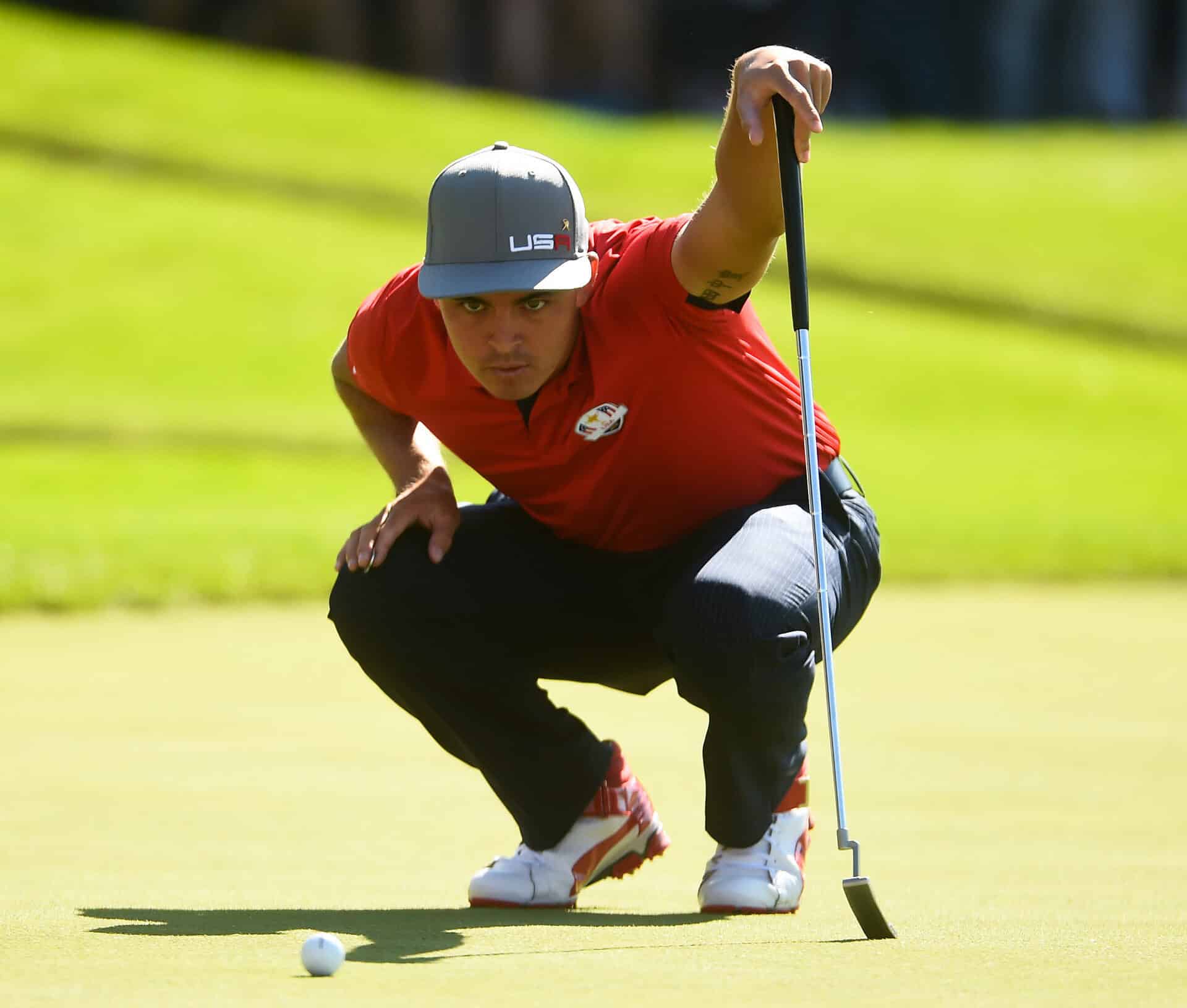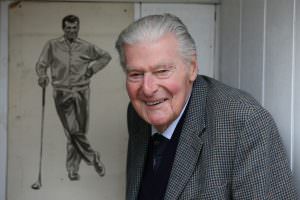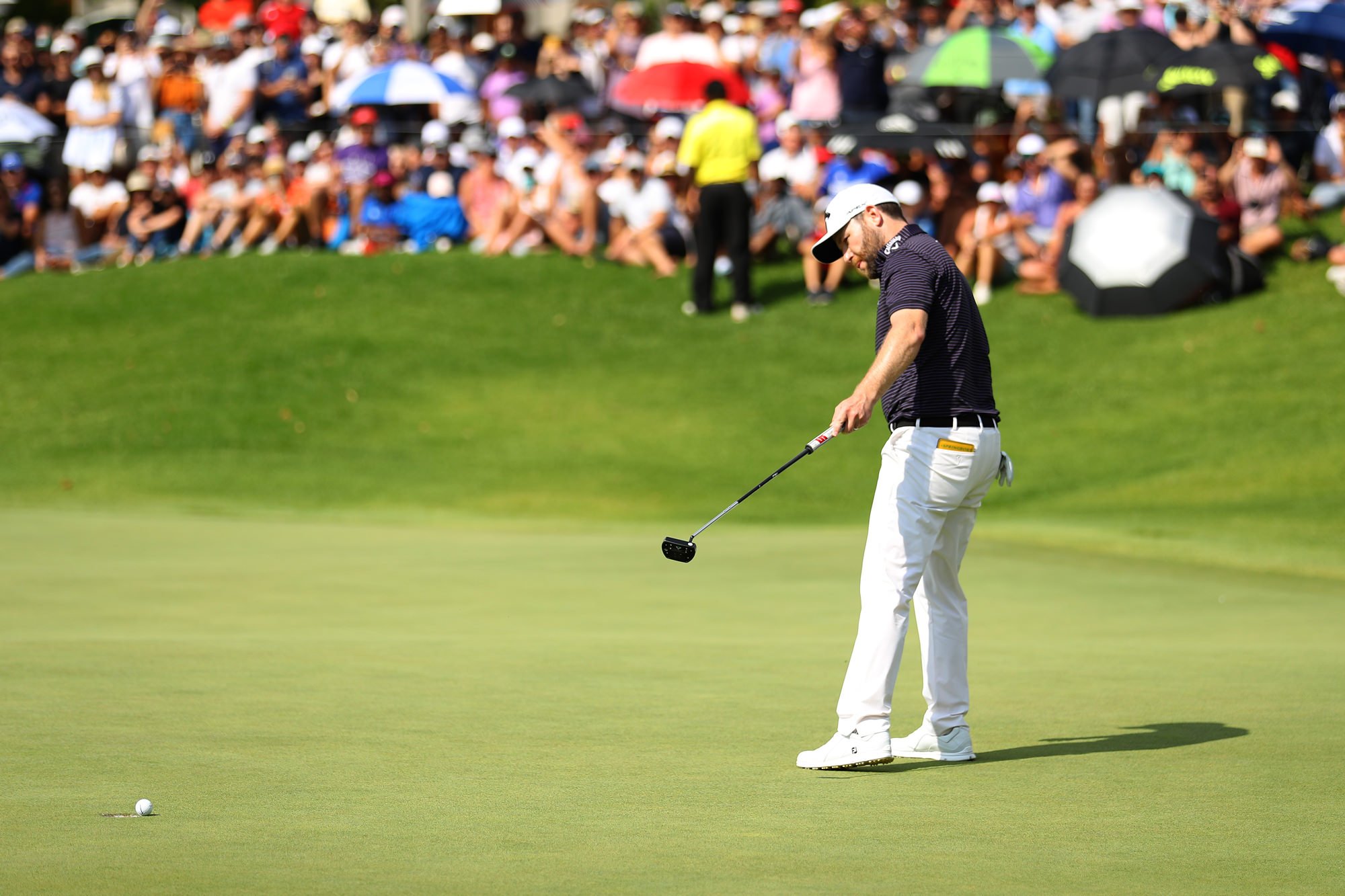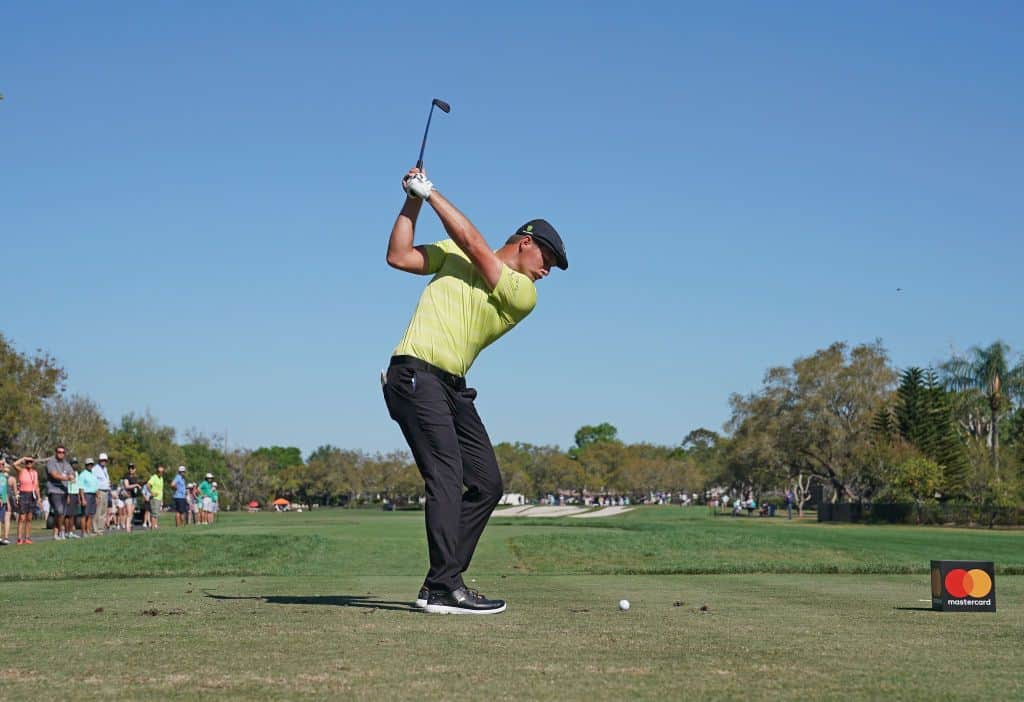
We strive for the perfect golf swing – but is it worth it?
In 1968 Alastair Cochran and John Stobbs published their findings after 10 years of research – the search for the perfect golf swing.
Their quest didn’t lead them to the answer they were hoping for. Nevertheless, what they uncovered about ball flight and impact factors has shaped modern coaching.
With the advent of video analysis, Trackman, and 3D biomechanics, the search for the perfect golf swing is more prominent than ever before. However, are we searching in the wrong place? Have we got the wrong end of the stick?
The result of any shot depends on its start location and ball flight. Ball flight is entirely dependant on the impact factors between the club head and golf ball, and environmental factors such as wind. With this in mind we’ve spent many years searching for the perfect golf swing that creates the perfect impact.
The issue is that we are not directly controlling the golf club. We are in fact attempting to control our muscles and body movements, which in turn control the golf club. This small shift in focus may hold a very powerful answer to where we have gone wrong in our search for the perfect golf swing.
The simplest and most efficient golf swing in terms of the club positions, does not necessarily equate to the simplest swing for our bodies to perform and replicate.
A fine example of this can be found in square-to-square putting. It is obvious that if we were to build a putting robot there is an ideal solution. The putter head should move back and through on a straight path, and have no club face rotation. However for a human to replicate this motion requires some complex movements. A combination of rotations from the shoulders, forearms and thoracic spine is needed, along with some abduction/adduction at the shoulders.
The mechanically simple solution for the club head is a highly complex movement to execute. Hence, there is a trade-off. The perfect golf swing is one that is mechanically sound, but is also simple for us to execute and repeat.
This leads us to a new question. What is the simplest type of movement for us to execute and repeat? Here I am as stuck as you, understanding how we control movement is a highly complex topic. We have many guiding principles, but no clear blue print.
We know coordinating more limbs and joints simultaneously leads to less accurate and reliable control of movements. We also know there is an inherent trade off between accuracy and speed of movement. However, bear in mind this is speed of limb movements, which is not strictly the same as club speed. The last point we can be certain of is that changes occur as we learn. The more we repeat a given task, the more accurate and less varied our movements will become.
Past these guiding principles we are struggling to describe what simple movements are. We have no measure for movement simplicity. And if I’m being honest, we still don’t entirely understand how we control simple movements, let alone something as complex as the golf swing.
Until we better understand how we control movements, we may never have an answer to the question ‘what is the perfect golf swing?’
What I will propose is this: If we only consider swing/club mechanics, and not how we control movement, we will never complete our search for the ‘perfect golf swing’.
Will Shaw is a performance coach to elite golfers and a lecturer in sport biomechanics and psychology. You can follow him on Twitter and visit his website.
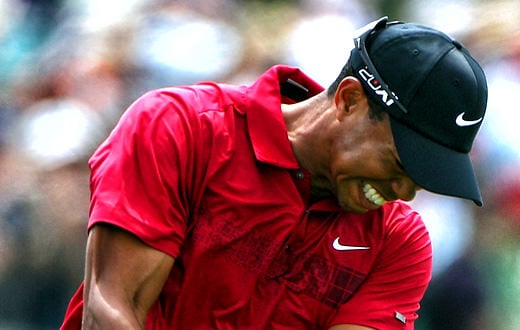
How to win the battle with golf’s mind games
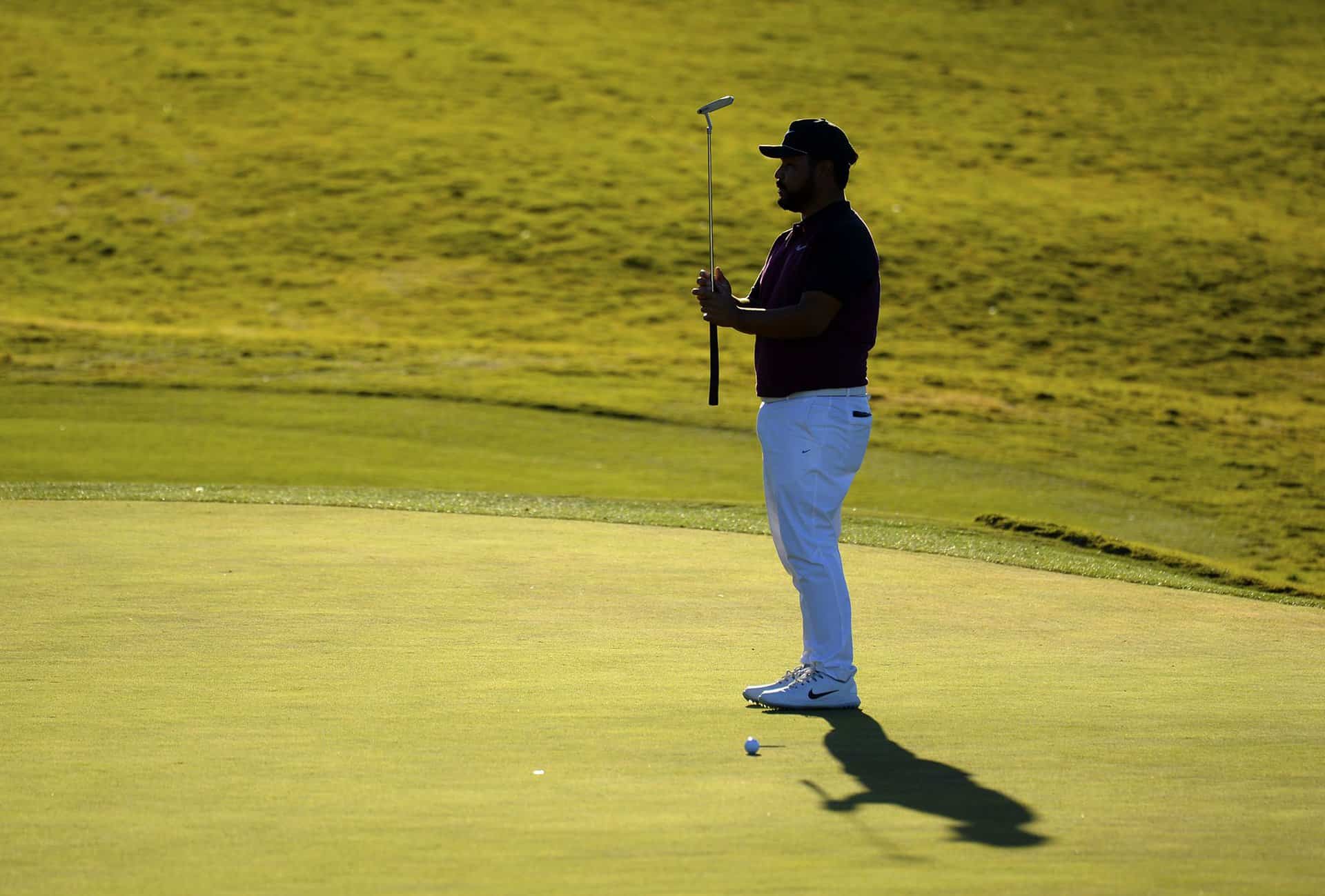
The yips: Is there a cure?






